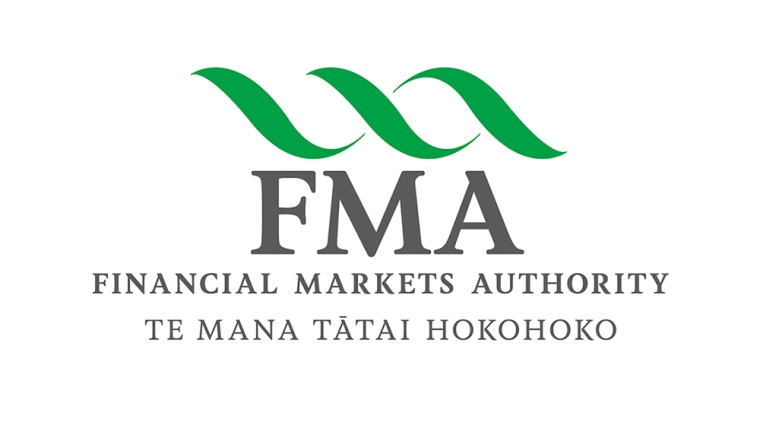
The Financial Markets Authority (FMA) has issued guidance on how large financial institutions should oversee independent operators who do some of their work for them.
The institutions that must comply, via the Conduct of Financial Institutions (CoFI) Act, are banks, insurance companies and non-bank deposit takers (NBDTs).
CoFI is part of an alphabet soup of new laws governing the finance sector. Besides CoFI, there is the Credit Contracts and Consumer Finance Act (CCCFA) and the Financial Services Legislation Amendment Act (FSLAA).
Collectively, these have brought tough consumer protection to the finance sector, though many in the sector accuse the Government of overkill.
CoFI will ensure banks, insurers and NBDTs treat consumers fairly, and establish, implement and maintain a Fair Conduct Programme (FCP). From March 31, 2025, they will need to operate under a financial institution licence issued by the FMA.
But they won't have to focus attention just on their own staff. They will also have to oversee intermediaries such as mortgage or insurance brokers or financial advisers, even if they work for independent companies.
That is because a person getting a mortgage from a bank will often do most of the work via a broker, so any poor conduct by that broker could reflect badly on the bank. Other affected people include motor vehicle dealers selling finance and insurance, retail stores selling add-on insurance products and group insurance schemes held by employers.
The extent of control that should be imposed on all these people was debated for years. Many brokers argued the CoFI rules needlessly duplicated FSLAA, which set up the Financial Advice Provider (FAP) regime. And getting a FAP licence was hard work all by itself, so battling with CoFI was an imposition too far.
But the Government stood its ground, saying research by the FMA and the Reserve Bank in 2018 and 2019 highlighted conduct risks around the use of intermediaries, with “some insurers believing they had no responsibility for customer outcomes that are influenced by the conduct of intermediaries”.
So the CoFI law was passed, assertions were made that it would work in tandem with the FAP regime, and the FMA has now ended the argument with final guidance on how to administer all this stuff.
The FMA guidance on CoFI does not list requirements in detail, because it says one size definitely does not fit all.
The FMA's Director of Banking and Insurance Clare Bolingford says the system is principles-based, and the rules are set at a high-level.
"This is consistent with our outcomes-focused approach to regulation," she says.
"We want firms to have the flexibility to design and implement Fair Conduct Programmes that are fit for purpose and right-sized for their businesses and distribution models.”
The principles Bolingford is talking about include paying due regard to consumers’ interests, acting ethically, transparently, and in good faith, assisting consumers to make informed decisions, not subjecting consumers to unfair pressure and several other things.
And a detailed FCP would have to be put in place to ensure continuity of the required standards. This FCP would have to reach down to make sure that intermediaries meet the same standards.
The FMA makes clear there are other aspects of an intermediary's work that would influence the type of controls the large institution would have to apply.
"In particular, we consider that the requirement to take into account the types of intermediaries they use, and the legal obligations those intermediaries have, should help institutions have the confidence to comply with the CoFI distribution requirements in a manner that is proportionate to the level of risk," the FMA writes in its guidance notes.
"For example, an intermediary that holds a FAP licence is regulated under the financial advice regime and therefore poses a reduced level of risk to consumers, compared to intermediaries that do not hold a FAP licence (all else remaining equal)."
2 Comments
When is there too much compliance? When FAPs refuse to deal with whole sections of the public that the rules are designed to protect, because the costs potentially exceed the income: those on low income, the vulnerable, ethnic minorities, past convictions, the elderly, price shoppers, contractors, and immigrants are all examples of untouchable with a barge pole clients.
"The principles Bolingford is talking about include paying due regard to consumers’ interests, acting ethically, transparently, and in good faith, assisting consumers to make informed decisions, not subjecting consumers to unfair pressure and several other things. "
That rules out mortgage brokers then, and anyone else paid on a commission.

We welcome your comments below. If you are not already registered, please register to comment
Remember we welcome robust, respectful and insightful debate. We don't welcome abusive or defamatory comments and will de-register those repeatedly making such comments. Our current comment policy is here.